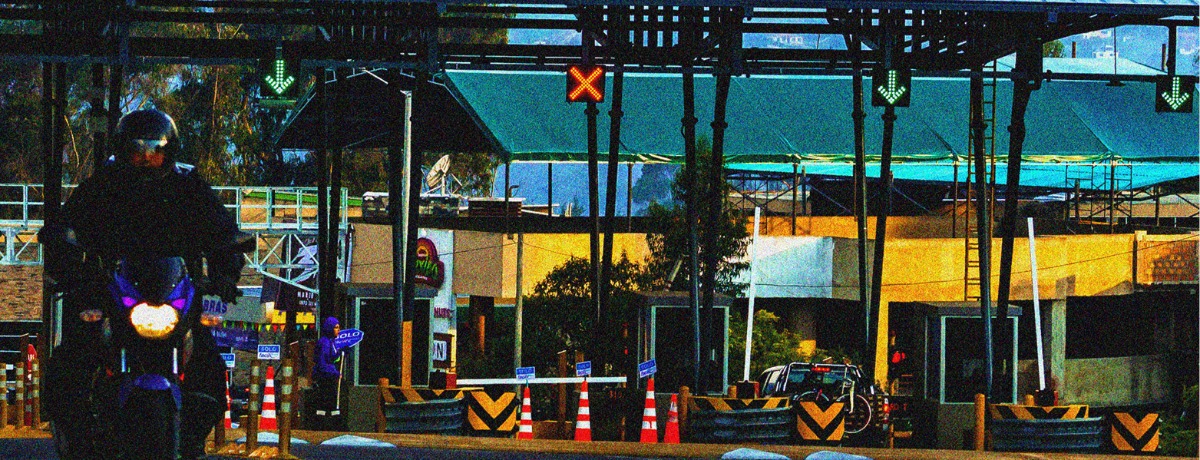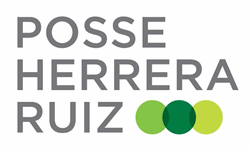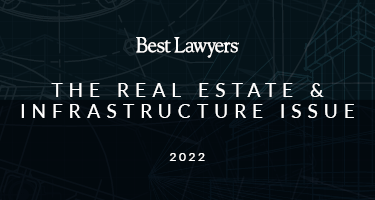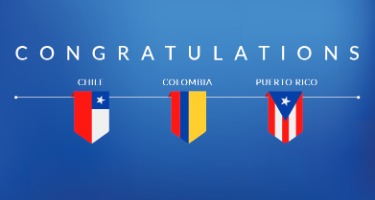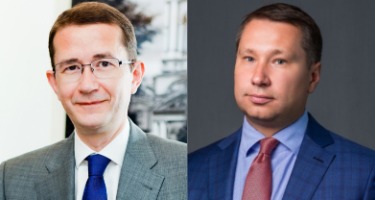During the last 10 years, Colombia has been taking legislative and economic measures, seeking to improve existing infrastructure and to build much needed new projects, such as toll roads, ports, airports, and social infrastructure, among others. Worth mentioning is the implementation of the fourth generation toll road program to construct 19 infrastructure projects (4G Projects) promising to modernize the country’s highway system (to be followed this year by a fifth generation program). The thriving of this industry was facilitated with the expedition of Law 1508 of 2012 (PPP law), which allows private and public entities to propose infrastructure projects, as well as the sophistication of the legal and financial tools for project financing.
Amidst this context, corruption scandals emerged in Colombia and Latin America, resulting in some cases halting the expected continuity in the implementation of certain infrastructure projects and harshly tainting the assets related to them. As a consequence, players including lenders, sponsors, and buyers are cautious in the assessment of risks they would be willing to assume when investing in infrastructure projects. Nonetheless, infrastructure continues to strongly contribute to economic growth, and it is expected to continue boosting investment opportunities, notwithstanding slowdowns triggered by the COVID-19 sanitary emergency.
This article seeks to briefly explain certain main aspects of Colombian common structure of infrastructure projects, generally, focusing on how risks are customarily allocated among different key players, to then explain how potential buyers of shares or assets in these projects may better asses and thus mitigate risks and exposure as from due diligence through execution of transaction documents.
Anatomy of common infrastructure projects
Infrastructure projects customarily have a group of sponsors that have obtained the concession agreement (made available to bidders by way of governmental or private initiative) to build and operate an infrastructure project. Such a group of sponsors will then incorporate a Special Purpose Vehicle (SPV) that will execute the concession agreement with the relevant governmental authority, obtain the required financing for the project (that will be handled in a trust), and assume all covenants related to the financing documents and the concession agreement. This way, sponsors will develop the project “out of balance” and the financing institutions will have limited recourse against sponsors (as in any other non-recourse project finance structure).
The risk matrix of these projects would reflect that government would assume most aspects of the real state, force majeure, and regulatory risks. On the other hand, the sponsors would assume all design and construction risks, having to cover for any overhead expenses. Usually, during the construction phase, shareholder participation cannot be changed, and any and all distribution would be subordinated to the senior financing.
Corruption risk
In addition to the above, for any potential buyer of a minority or majority stake in infrastructure projects, another additional risk to be balanced is the risk of the asset being tainted due to a potential corruption investigation, either directly in relation with the awarding of the concession or due to an investigation against a particular sponsor who may contaminate the project or the SPV. If this risk materializes, this could imply the forfeiture of the concession agreement, acceleration of the financing, impossibility of contracting again with the government, and potential reputational damages for such buyers.
How to mitigate the corruption risk during the M&A process
Thorough due diligence is generally recommended, in some cases not only from a legal perspective but also from a compliance point of view. It is worth noting that when investors purchase participations in SPVs, SPV itself has no value; the true value comes with the acquisition of the rights to exploit and benefit from the concession agreement. Therefore, a detailed review of how the concession was awarded becomes crucial in determining if the project later could potentially be tainted and affected by corruption.
Alongside the due diligence, the negotiation of strong indemnities in matters such as reputational, ethics, and compliance matters—aimed to guarantee that sponsors have conducted the project in a clean and legal manner—should be put in place. Analysis of sellers’ substance and parent company guarantee is also common.
Purchasing an asset already affected by corruption claims of the sponsors
Recently, congress passed Law 2014 of 2019 in an effort to increase the effectiveness of measures against corruption. This legislation included new legal provisions in relation to the effects of sanctions of these conducts and established the mandatory need of reassigning any concession agreement when the sponsors have been sanctioned of corruption acts, without the need for indemnifying the affected party. This means that the governmental entity shall start a new procurement process and select a new investor to which assign the concession agreement without contemplating any negotiation among SPV and assignee. The “no indemnification” shall mean that the state will not be required to pay compensation for the assignment of the agreement, but the asset still must be purchased by the investor at a fair market price.
A definitive ban for contracting with the government shall also apply in the foregoing cases to all companies that are part of a company conglomerate when it has been evidenced that the conduct corresponds to a criminal group policy.
The government is looking to continue the efforts in modernizing Colombia´s infrastructure system and establish new guidelines to fight against corruption in public procurement. In turn, as the corruption scandals start to be resolved, new investors shall see in Colombia a good opportunity to invest, notwithstanding the necessary precautions that must be taken to prevent purchasing tainted assets that will later affect the reputation and financial objectives of the buyer.
Gabriel Sánchez is a partner at Posse Herrera Ruiz. His practice focuses on Mergers and Acquisitions and Corporate law. Daniel Delgado is an associate. His practice focuses on M& A and corporate/commercial law.
